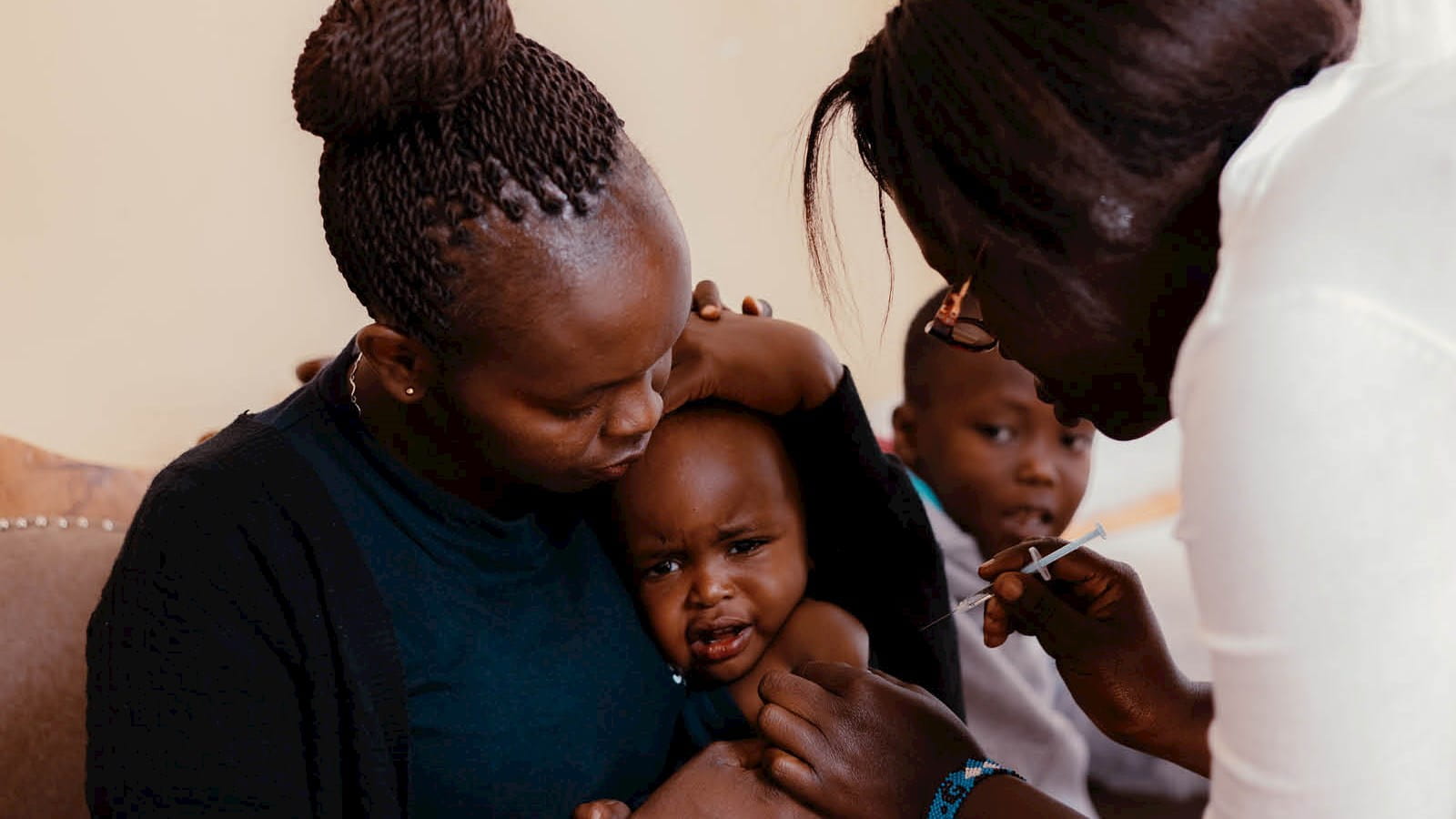
Medical Credit Fund (MCF), part of the PharmAccess group, is turning to digital payments in Kenya and other countries in sub-Saharan Africa to improve healthcare for small and remote healthcare providers with flexible and unsecured working capital. The company says its success in the Finance for the Future Awards confirmed that “we are doing the right thing”.
Mobile payments have become increasingly popular in the Western world, especially during the pandemic, but paying by phone has been extensive in Africa, and Kenya in particular, for more than a decade. M-PESA, the world’s first successful mobile money system, was launched in 2007. Within five years of its launch, 70% of the Kenyan population was using the mobile payments system. Today, the popularity of mobile payments in Africa still exceeds usage in Western countries.
This popularity has allowed MCF’s products to develop. In 2017, MCF launched its first digital loan product, Cash Advance. This provides small and remote healthcare providers with flexible and unsecured working capital for up to six months, with repayments linked to borrowers’ revenues. Clinics can also use the loans to purchase equipment, expanding MCF’s impact.
MCF’s work particularly helps women in sub-Saharan Africa because they tend to have less collateral than men and therefore find it more difficult to secure financing directly from banks.
Since winning the ICAEW-backed Finance for Future Awards, MCF has continued its focus on scaling up its work in Kenya. Nick Mutegi, MCF analyst and digital lending specialist, says that currently just around 500 of the 5,000 private providers in Kenya use its products. MCF is determined to expand its impact and reach to a wider audience in Kenya.
Beside expansion in Kenya, MCF is looking to expand the product to other markets, such as Ghana, Nigeria and Tanzania. In Ghana and Tanzania pilots are under way in partnership with local technical partners and telecommunications companies. “Once the pilots are successful, that will take us to the next level,” Mutegi says.
In the future, Mutegi says MCF also has its sights set on African countries further afield. The growth depends on the local mobile money infrastructure.
“Kenya is really at the forefront of the mobile money revolution in the world, but also in Africa. The other markets are catching up. In Ghana, for example, mobile money is developing rapidly, and Tanzania is following Kenya’s progress. This product relies on people paying into a healthcare facility with mobile money. So, its expansion relies on how much progress is happening in the other markets,” says Dorien Mulder, investment manager at MCF.
Mutegi says that clients and competitors have heard about MCF’s award success and see that although what the offer is currently small, it is “relevant and has the potential to be global”.
MCF’s success is such that it launched its second fund earlier this year, which will initially close at €30m.
“The digital evolution is taking shape in Kenya. Most of the banks in the country are now trying to transform into mobile lending. This is also very positive for us to see that it is possible to bring financial inclusion to those who cannot get financing from traditional banks,” Mutegi says.
Mulder says the one positive that has come out of the COVID-19 pandemic is the growing awareness of the need to invest in healthcare in Africa. “The digital loan product allows us to efficiently reach smaller, more remote providers.”
One of MCF’s goals for the future is to further increase its reach of female entrepreneurs, who are underserved by traditional banks that require collateral for loans. Based on its internal research, MCF finds that female borrowers tend to repay on time, which creates a positive circle for the company because they are then able to lend greater amounts when required.
Saving Lives
Apart from greater financial inclusion and gender equality in borrowing, MCF prides itself on the much wider benefits of mobile payments in healthcare – saving lives.
- One client, Dr Douglas, approached MCF for a $14,000 loan to buy a van that would also work as an ambulance. Dr Douglas can now avoid the usual but hazardous mode of transport – the motorbike – when transferring patients from one clinic to another. When Dr Douglas is not using his ‘ambulance’ for his clinic’s needs he loans it to other clinics so has created a new revenue stream for his facility too.
- Salomé Chiira, Managing Director of the Radiant Group of hospitals in Kenya, urgently required a ventilator for her surgeon who had become very ill with COVID-19. The biggest supplier had a ventilator but required a cash payment only, which CVhiira didn’t have. Within 24 hours, MCF processed a top-up loan for her, as she was an existing customer, and she was able to buy the ventilator and provide her surgeon with the immediate care he needed.
Find out more about MCF here.


